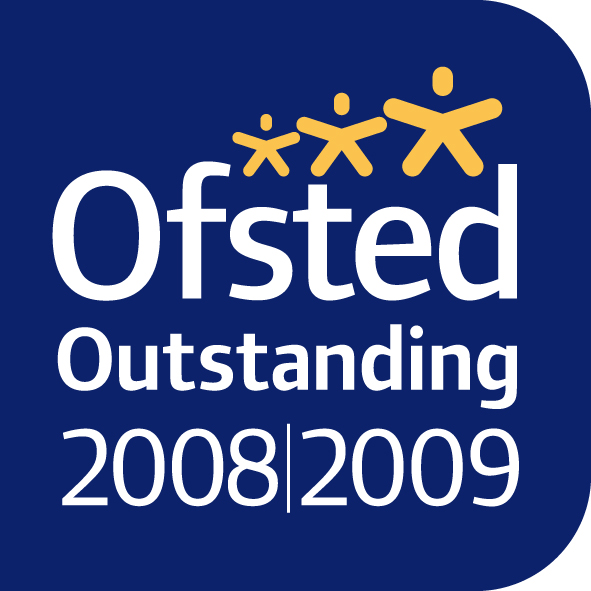True bilingual people acquire both languages simultaneously and at an early age.
Did you know that there is no limit to the number of languages your child can learn provided there is consistency and frequent exposure to them? Babies are born with the physical ability to pronounce all sounds of all the languages in the world. Only when we do not practise a sound do we forget how to make it. Therefore, starting early is the key. Children learn their mother tongue by osmosis, by imitating the sounds in their environment. Young children soak up any language they are exposed to, using their fast-growing understanding to creatively expand their knowledge. Our setting gives your child the opportunity to develop their communication skills in another language. They will quickly and easily achieve a fluency adults can only achieve through hard work and tremendous motivation. Having learnt another language when little will make it easier for them to acquire other languages later in life. If your child already speaks French, it is very important you give them the opportunity to use extensively their knowledge and consolidate their conceptual understanding of colours, shapes and numbers in French. It will make them better learners when they meet these concepts in English at school. In the same way, children who have first met these concepts in English, will reinforce their understanding of them in French. We follow the Early Years Foundation Stage curriculum to plan the language focused activities we have after school. It means that we learn in French about topics children have seen or are going to work on, in English at school. We might use different angles or different support but children will make the connection and everything they learn, be it in our setting or at school, they will remember better.
Did you know that children spend only 15% of their waking time at school? Therefore, it is crucial that we, parents/guardians, schools and carers work together to give our children the best learning experience we can.
Turn your child into a better reader! Language learning set the stage for a richer vocabulary and better readers. “Learning a foreign language at a very early age can clearly benefit a child’s reading abilities”, concludes Ellen Bialystoc of Toronto’s York University in her research presented in the professional journal Developmental Psychology. “Pre-schoolers who speak one language can usually recite the alphabet and spell their names, but cannot read without the help of pictures, “, she writes. “But bilingual pre-schoolers can read sooner because they are able to recognise symbolic relationships between letters/ characters and sounds without having visual objects.”
Bring out your child’s natural genius!
Did you know that early exposure to languages has been scientifically linked to higher IQ, a richer vocabulary, higher English and Maths scores and admission to the most prestigious universities?
The big debate between Nature and Nurture has finally been resolved. Neurologists have shown that 60% of human genes affect brain development but it is the dynamic relationship between the genes and the environment that shapes the brain. In the first decade of life, the number of synapses increases at a tremendous rate, then it declines in adolescence before becoming steady. In simple words, a stimulus activates a pathway in the brain. All synapses in the pathway receive a chemical signal. Repeated activation increases that signal, when it reaches a threshold, the synapse is kept into adulthood. Early exposure to a foreign language reinforces the brain’s developing pathways in more areas than just language-learning. It literally builds grey matter. Brain scans of bilingual adults who learned a foreign language as children show greater brain density than those who spoke only one language. As far as speaking is concerned, simple exposure to the sounds of the language is enough to trigger the area of the brain responsible for language development.
Did you know that the brain of a three year old is twice as active as her Health Visitor’s?
In language learning, starting early is essential. School children are primed to reap the benefits, although research shows that those who learn a second language before the age of five get the biggest brain boost of all.
See the Big Picture and make the World your child’s oyster!
By giving your child the opportunity to learn French, you are widening their cultural background. You help with developing tolerance and with their understanding of the world. Indeed, it is by comparing our culture to others that we get a better grasp on our own heritage.
We live in a global world where we cannot expect to speak only one language. Travel is more rewarding when one can communicate with the locals and appreciate their culture first-hand. Think far ahead: in a competitive job market, a multi-lingual young person has a real advantage over peers who are limited to just one language. Without mentioning the opportunity to go to live abroad, wherever their fancy takes them…
This journey starts here, at La Nounou.

“Children are listened to and their communication skills are well promoted as the childminder positively responds to their gestures, sounds and questions. The childminder is very skilled in encouraging young children to express themselves both in English and French. They thoroughly enjoy listening to stories and learn about the meaning of words through the childminder’s expressive reading.”
Ofsted.




